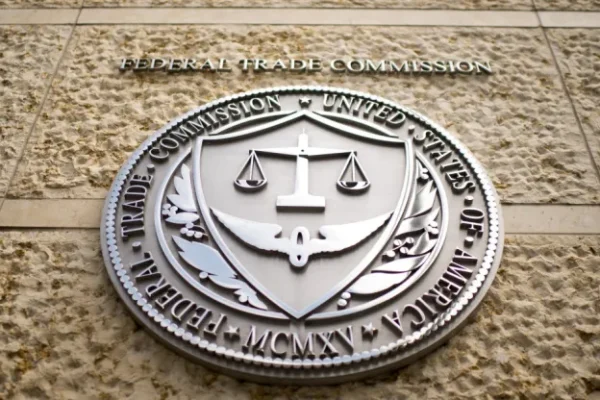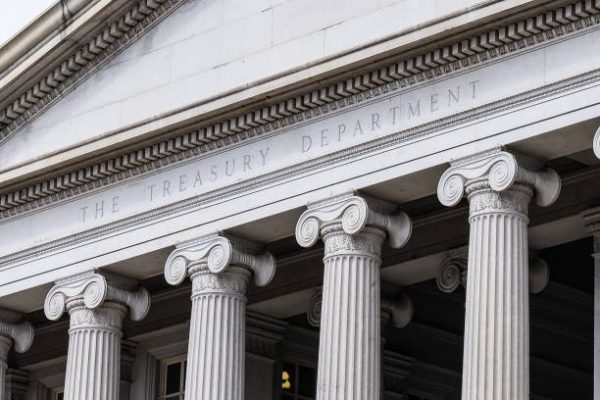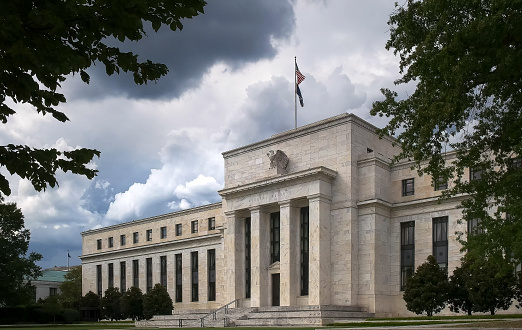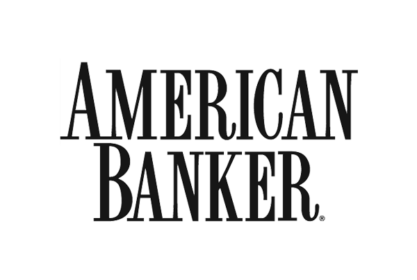Letters to the Regulators: Letter Urging The SEC to Repropose the Stock Buybacks Disclosure Rule
Americans for Financial Reform Education Fund (AFREF) led a letter with 13 additional signatories urging the SEC to repropose the stock buybacks disclosure rule to provide investors with information about this widespread yet opaque practice. This important rule was struck down by the Fifth Circuit Court of Appeals following a challenge by the Chamber of Commerce.









